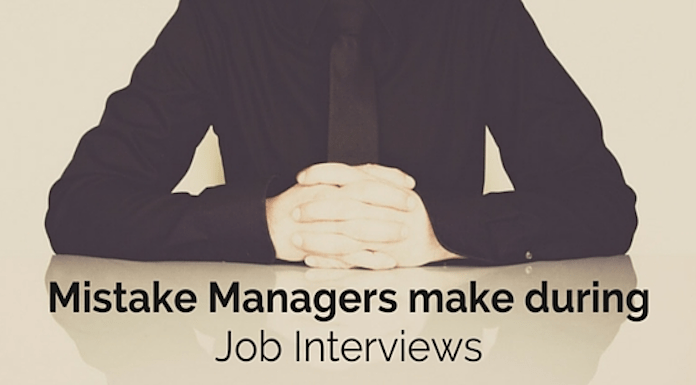As any recruiter knows, hiring a new employee can be a stressful proposition. You need to sift between the candidates’ qualifications, attitudes, and personalities. Far too often, this process can be to the detriment of good candidates.
Failed hires are a liability. The hiring process costs the company time and money. The cost of a replacement hire can be as much as 400% of the departing employee’s base salary, to say nothing of the upheaval, the reduction of company efficiency, and the drop in morale caused by hiring the wrong person.
When hiring, your hiring manager is under a lot of pressure. Add the limited means to screen available applicants and you get the recipe for recruitment failure. When a hiring manager starts to analyze character quirks, and starts considering factors such as age and gender, they risk making a snap judgment.
Don’t Get it Over With Quickly
Keep an open mind when interviewing and consider secondary interviews or using more than one interviewer before making a decision. This can give you perspective.
Overqualification is Oversimplification
Avoid excluding overqualified candidates on the assumption that they will grow bored with the job and leave the company. Listen to what they have to say. You may be able to have a professional that can step into the role with minimal training.
Avoid Labels
Another common mistake made by hiring managers, is labeling potential hires. This can be a side effect of placing too much importance on the cultural fit of the candidate to the detriment of their skills.
Managers use their limited knowledge to label the candidates, and ultimately eliminate many great hires without giving them a chance to prove themselves or to demonstrate how they excel in other areas.
For example, a candidate coming from an unethical company might be labeled “untrustworthy.” Little or no social media profile can make a candidate seem “out of touch.” Too many job changes? “Uncommitted.”
These labels can reduce candidates so much that they are rejected unfairly.
Balance Emotions and Gut Feelings
Hiring managers that are unaware of hidden biases tend to go for the more likable candidates, promoting their unconscious pick over better-qualified applicants. Going with your gut has a place in the hiring process, but over-reliance on this body part can sabotage the hiring process.
Hiring managers need to stay flexible and keep an open mind unless the candidate is obviously unqualified. And remember that empathy is an asset, but sympathy may cloud your judgment.
A hiring manager that takes his or her time avoids costly mistakes. By carefully establishing relevant criteria by which candidates are shortlisted and hired, by taking the time to explore candidates’ profiles, and by being unafraid to seek multiple opinions, hiring managers can avoid making snap judgments.


